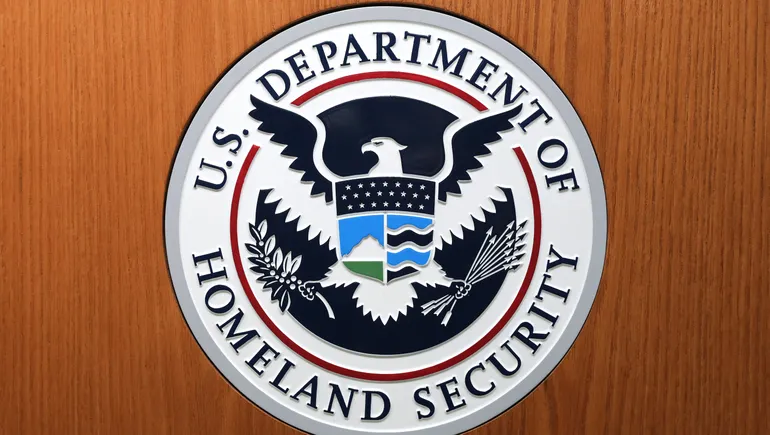Dive Brief:
- TransUnion agreed to settle Oct. 9 a lawsuit brought by a Texas job candidate who alleged that an inaccurate TransUnion credit report falsely showed that he had two criminal convictions, which led to him losing out on a job offer.
- The plaintiff had applied for a job as a delivery driver for Chick-fil-A and was extended a job offer conditioned upon passing a background check. Chick-fil-A contracted TransUnion to complete the check, which showed that the plaintiff had two misdemeanor convictions — one for driving while intoxicated and another for cannabis possession. After receiving the report, Chick-fil-A informed the plaintiff that it could not move forward with onboarding until the background check cleared.
- According to his complaint in the U.S. District Court for the Northern District of Texas, the plaintiff claimed that the convictions actually belonged to an unrelated person. He called TransUnion to dispute the report, but said he never heard back. Terms of the settlement were not disclosed in court documents, but the parties said they anticipated finalizing the agreement within 45 days of their notice to the court.
Dive Insight:
The dispute in Kinder v. TransUnion Rental Screening Solutions, Inc. is one of several cases centered on allegedly errant background checks over the past year.
Two such cases involved HR services firm ADP, including a lawsuit last month in which a job candidate alleged that an ADP-generated report falsely showed that he was a convicted felon. ADP settled a separate case — where a candidate alleged that the firm’s background check said he was a convicted murderer — last July.
Plaintiffs in each case alleged violations of the Fair Credit Reporting Act, which requires consumer reporting agencies to follow “reasonable procedures to assure maximum possible accuracy of the information concerning the individual about whom the report relates.”
In Kinder, the plaintiff claimed that the person actually convicted of the reported misdemeanors had a different last name, driver’s license number and social security number from his own, while the plaintiff himself had never been associated with the address listed in the conviction records surfaced by TransUnion.
After initially calling TransUnion to dispute the report and being told that it could take up to 30 days for the dispute to be reinvestigated, the plaintiff said he called TransUnion three additional times over subsequent days “before being told not to call [TransUnion] anymore.”
“Had Defendant performed even a cursory review of the public court records, it would have discovered that the criminal records belong to a different consumer who is wholly distinguishable from Plaintiff by their last name and driver’s license number and even reside in a different county from Plaintiff,” he claimed.
Employers continue to rely upon background check firms to vet new hires, but a 2024 study published in the research journal Criminology found that about 90% of criminal records for a group of 101 people in New Jersey had at least one false-negative error. Researchers in the study noted that private-sector reporting agencies are loosely regulated. “This area is clearly ripe for policy reform,” the study concluded.
Previously, sources told HR Dive that recruiters may want to delay background checks in part because they may influence employers to become biased against formerly incarcerated talent.






Leave a Reply